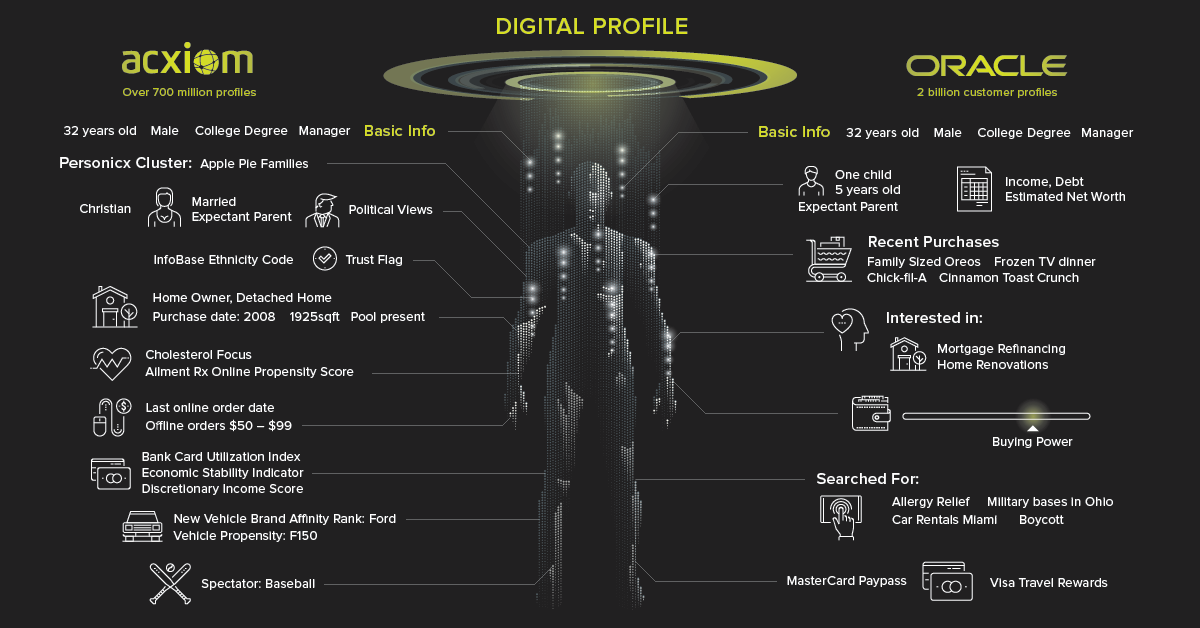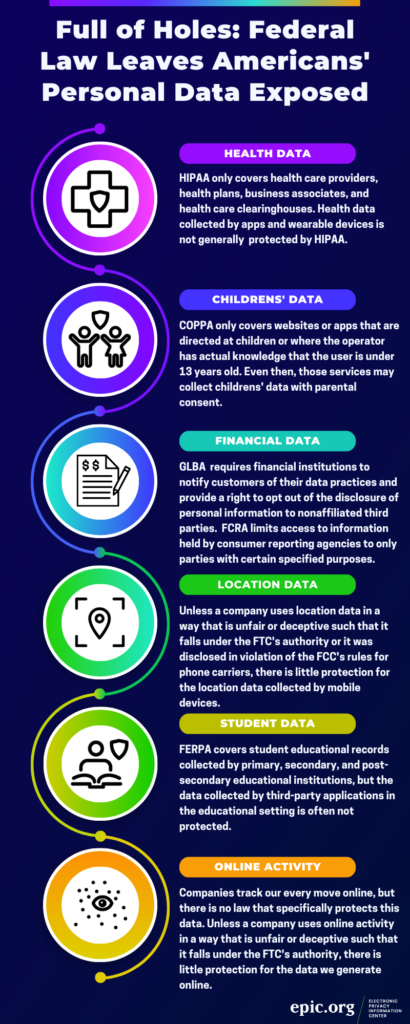In today’s digitally-driven world, personal data has become a valuable asset. From the moment we browse the internet to the apps we use on our smartphones, our personal information is being collected, analyzed, and monetized. This blog post explores the concept of the personal data economy and examines how privacy concerns intersect with the pursuit of profits online. By understanding the dynamics behind this emerging economy, we can better protect ourselves and make informed decisions about our data in the digital age.
The Privacy Concerns
As individuals engage with various online platforms and services, vast amounts of personal data are being collected without our explicit knowledge. Companies track our browsing habits, purchase history, location data, and even social media interactions. The accumulation of such data raises significant privacy concerns, as it exposes individuals to potential data breaches, unauthorized surveillance, and the misuse of personal information.
Numerous instances of data breaches and privacy violations have made headlines in recent years. High-profile cases involving tech giants and social media platforms have amplified the need for stronger data privacy regulations. The public outcry has fueled the demand for more stringent laws that safeguard individuals’ personal information and hold organizations accountable for their data handling practices.
The Profit Behind Personal Data
Personal data has immense value to businesses and marketers. By collecting and analyzing user data, companies can gain valuable insights into consumer behavior, preferences, and trends. This information enables targeted advertising and personalized marketing campaigns, resulting in higher conversion rates and increased profitability. With the advent of sophisticated data mining techniques and machine learning algorithms, organizations can harness personal data to create tailored experiences for customers.
However, the monetization of personal data raises ethical concerns. It prompts a reflection on individual autonomy, consent, and the fair use of personal information. Questions arise about transparency in data collection practices and whether individuals should be compensated for sharing their data. As the personal data economy continues to grow, striking the right balance between privacy and profit becomes imperative.
Balancing Privacy and Profit
While organizations play a pivotal role in data protection, individuals must also take responsibility for safeguarding their personal information online. Implementing robust security measures, such as utilizing strong passwords and enabling two-factor authentication, can help reduce the risk of data breaches. Furthermore, individuals need to be aware of the data they willingly share, understand the privacy policies of the platforms they use, and exercise caution when engaging with online services.

Image courtesy of via Google Images
Transparency and consent are crucial in data sharing practices. Companies should adopt clear privacy policies, provide individuals with granular choices over data sharing, and obtain explicit consent before collecting and utilizing personal data. By establishing trust, organizations can create a mutually beneficial ecosystem where individuals feel confident in sharing their data, knowing that their privacy is respected and protected.
Government Regulations and Protection
Governments play a significant role in regulating the personal data economy and protecting individuals’ privacy. Many countries have already enacted data protection laws to safeguard the rights of their citizens. The European Union’s General Data Protection Regulation (GDPR), implemented in 2018, is a notable example. The GDPR enhances data privacy rights, emphasizes the importance of consent, and imposes strict penalties for non-compliance. Such regulatory frameworks serve as a foundation for establishing trust and accountability in the personal data economy.
Government agencies also play a crucial role in enforcing data privacy laws. By conducting audits, investigating complaints, and issuing fines for non-compliance, these agencies hold organizations accountable for their data handling practices. A proactive approach from governments is necessary to ensure that the personal data economy operates ethically and respects individuals’ privacy rights.
The Future of the Personal Data Economy
The future of the personal data economy is shaped by advancements in technology and the evolving social and cultural landscape. Emerging technologies, such as artificial intelligence and the Internet of Things, will further revolutionize data collection, storage, and analysis. While these developments offer tremendous potential for innovation and economic growth, they also raise concerns about data security and individual privacy.

Image courtesy of via Google Images
As the personal data economy evolves, it is imperative to develop robust solutions that promote both privacy and profit. Striking the right balance requires collaboration between individuals, businesses, and governments. It necessitates ongoing discussions about ethical data practices, clear regulations, and continuous innovation in privacy-enhancing technologies. Only through these collective efforts can we create a personal data economy that respects privacy, generates profits, and fosters trust between all stakeholders.
In Summary
The personal data economy is a rapidly expanding field that intersects privacy, profits, and protection online. The accumulation of personal data has significant implications for individuals’ privacy rights, and the monetization of this data presents opportunities and challenges for businesses and marketers. Striking a balance between privacy and profit is paramount to ensure ethical practices and build trust among stakeholders. With robust government regulations, responsible data handling by organizations, and proactive measures by individuals, the personal data economy can thrive while respecting individuals’ privacy in the digital era.



